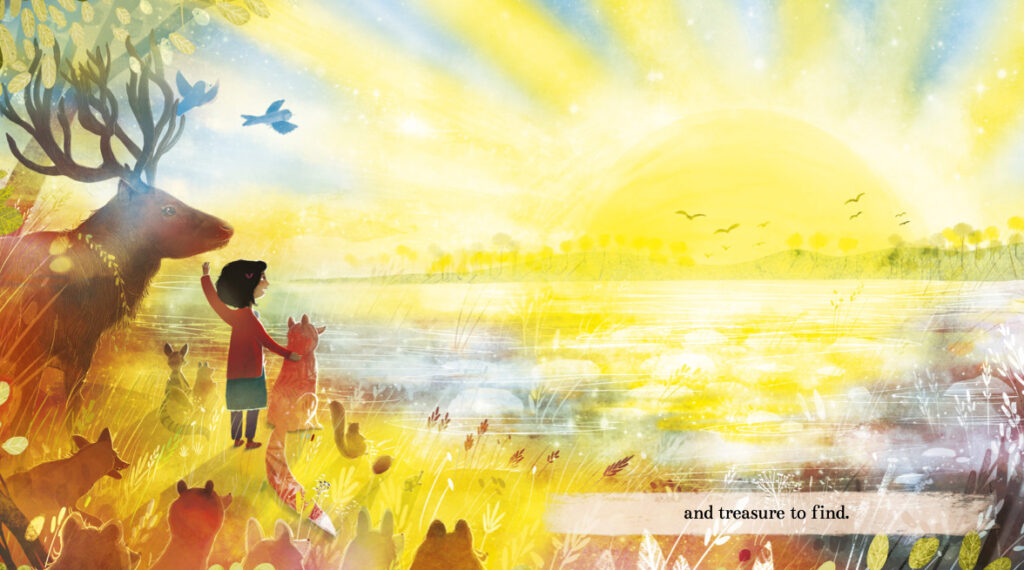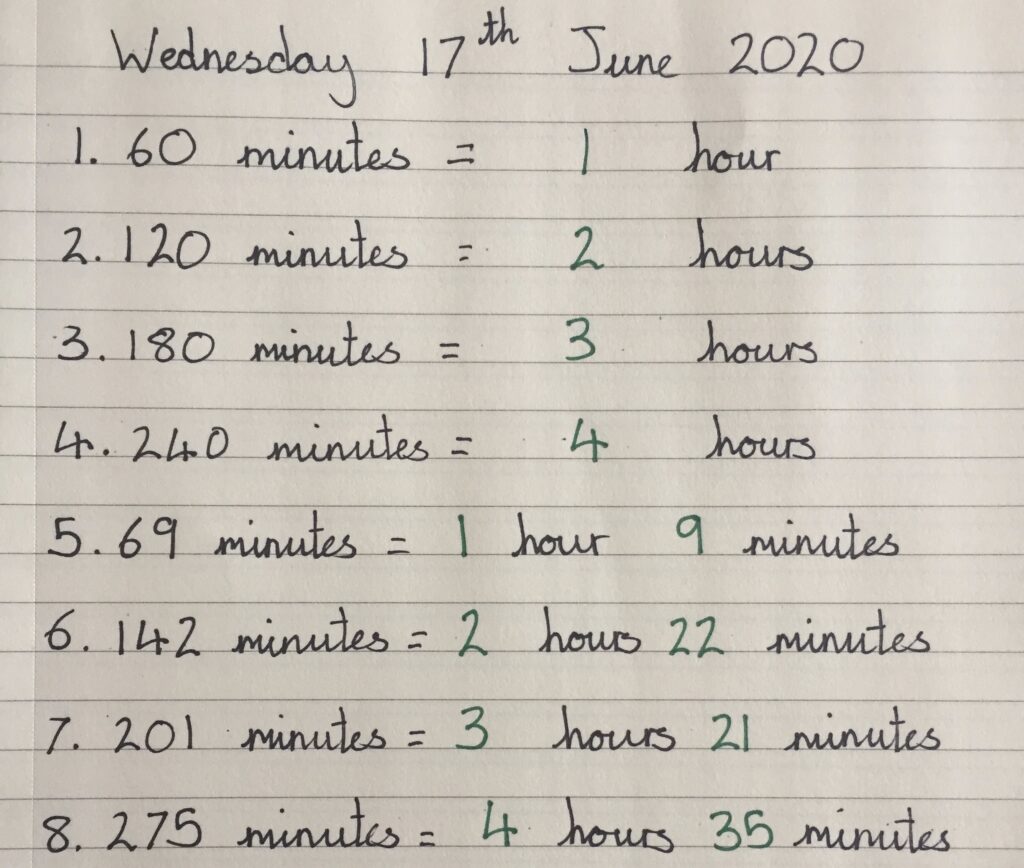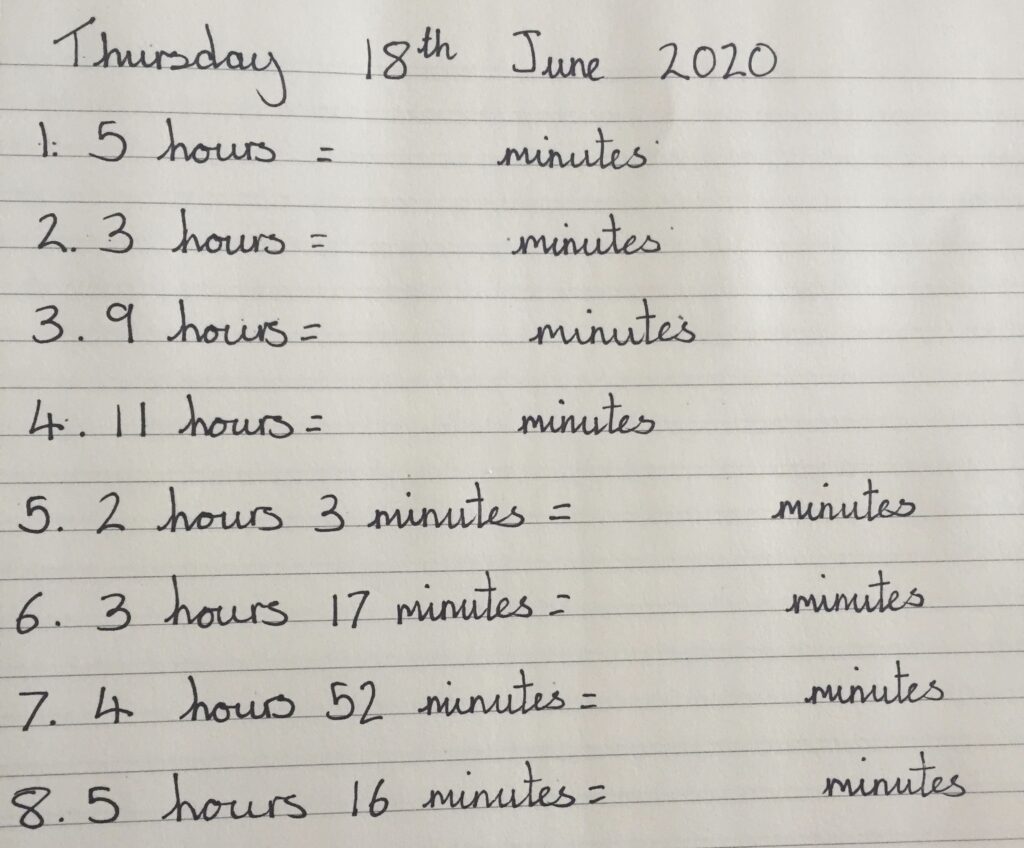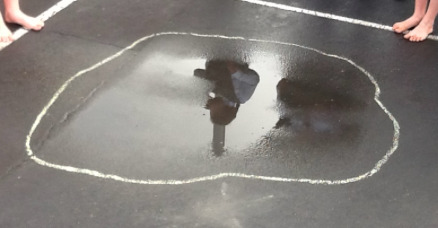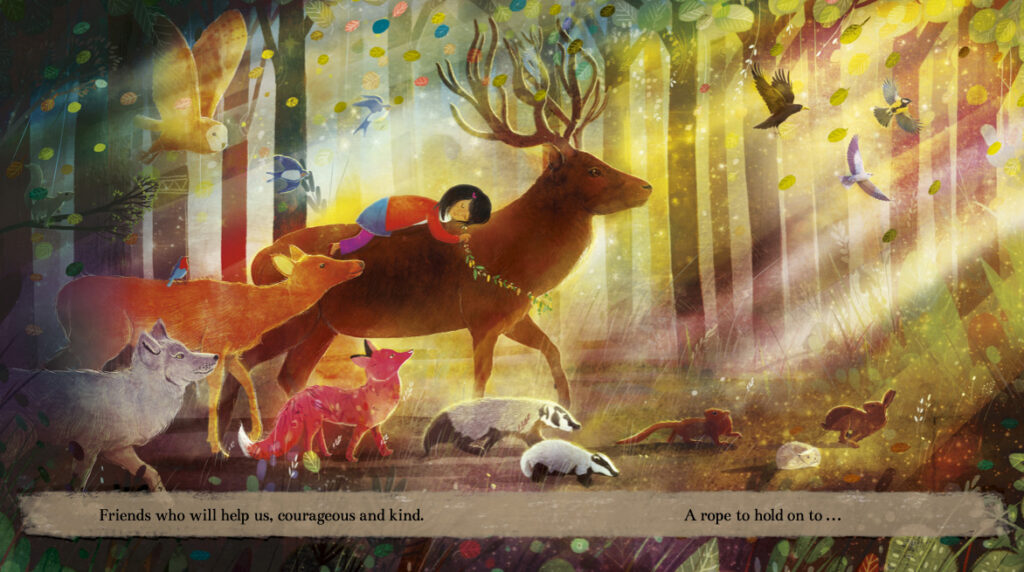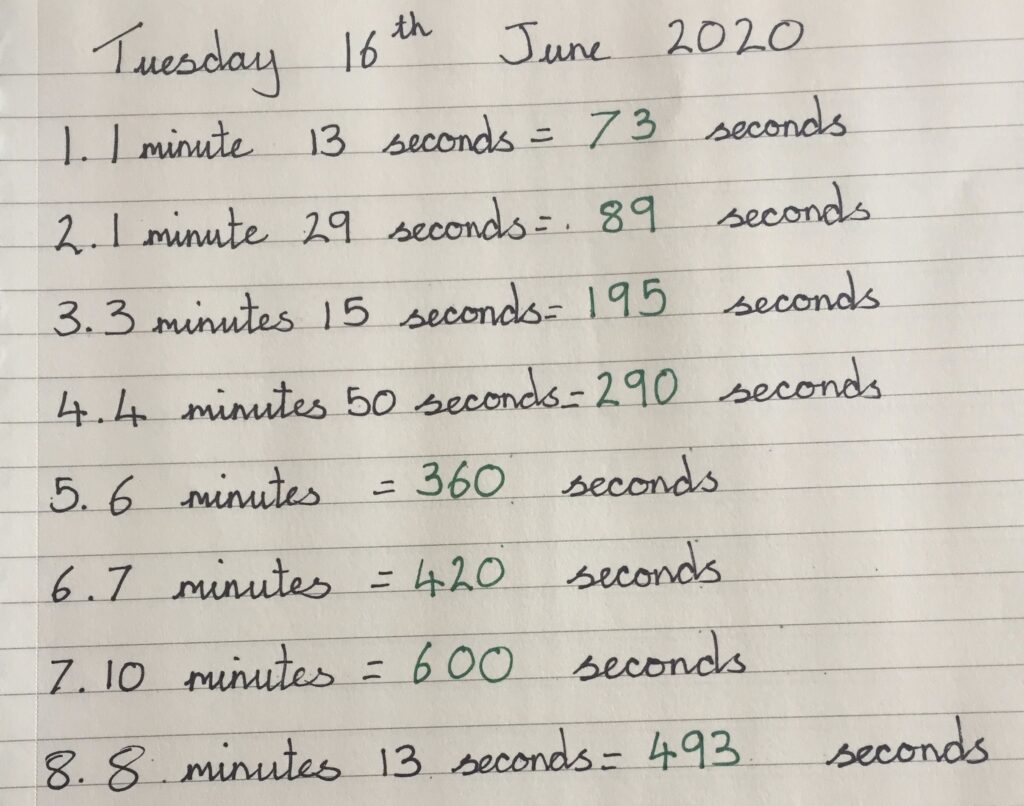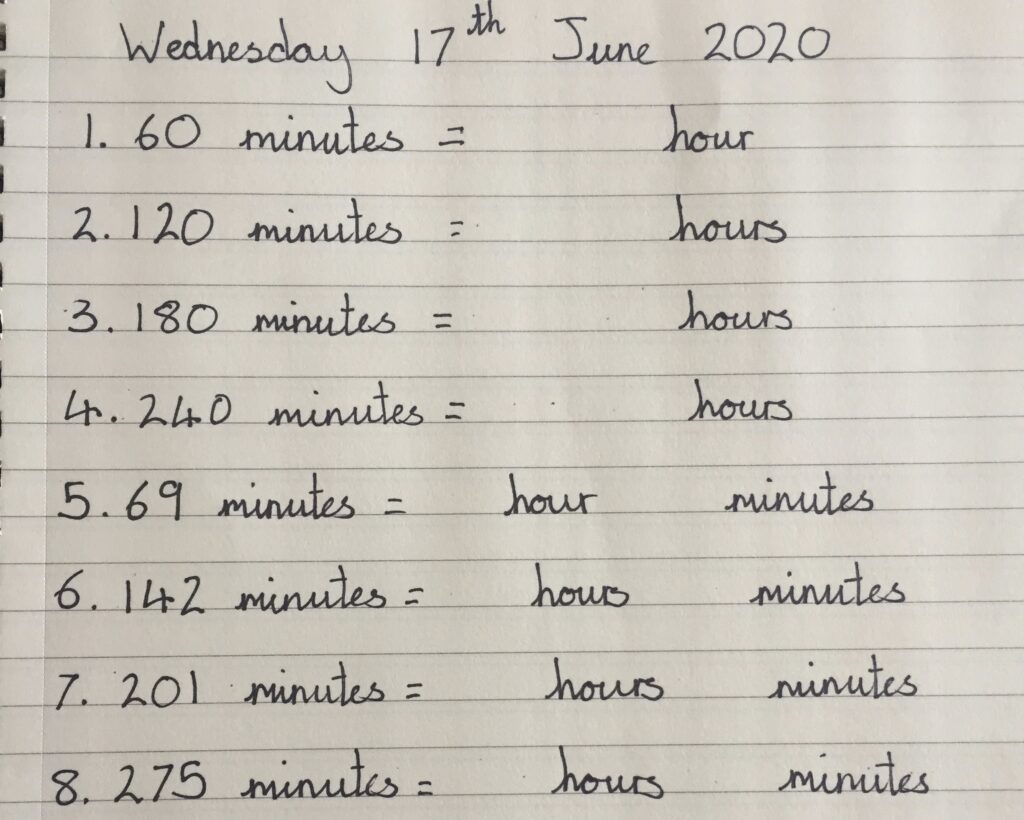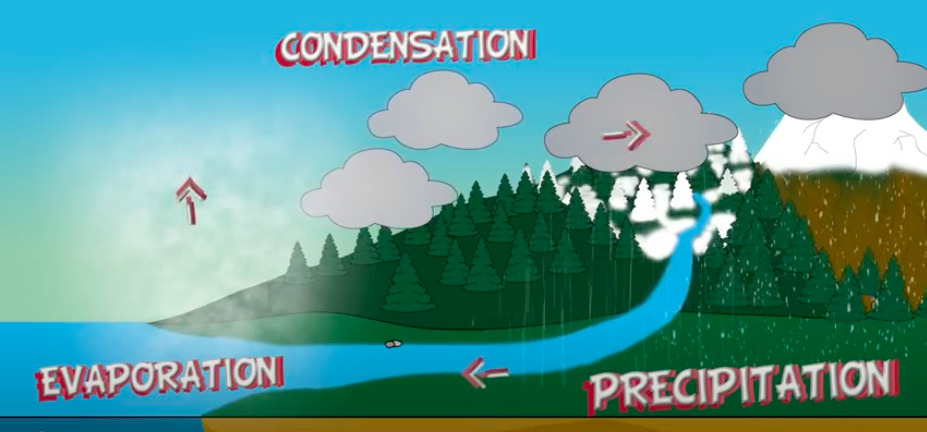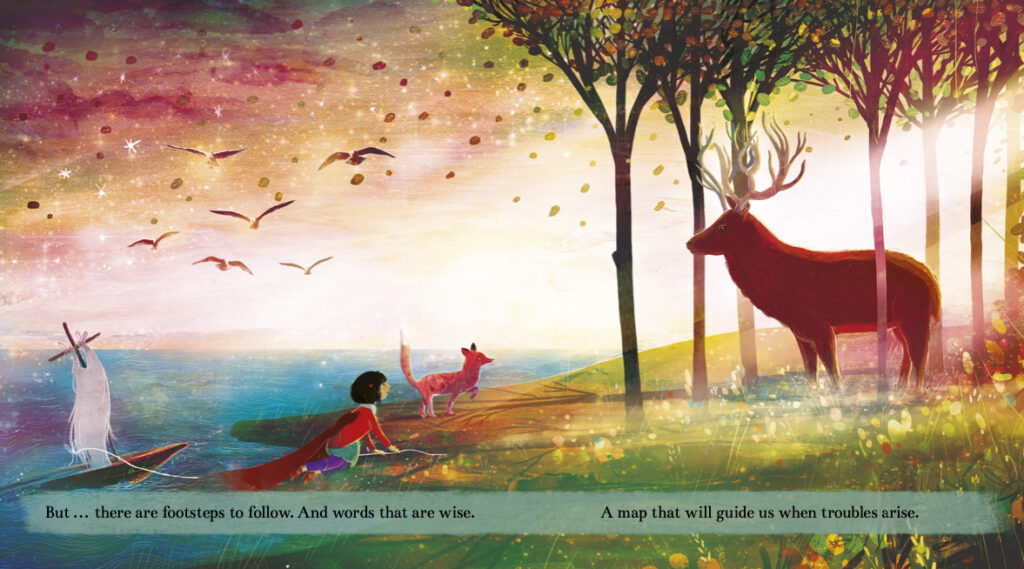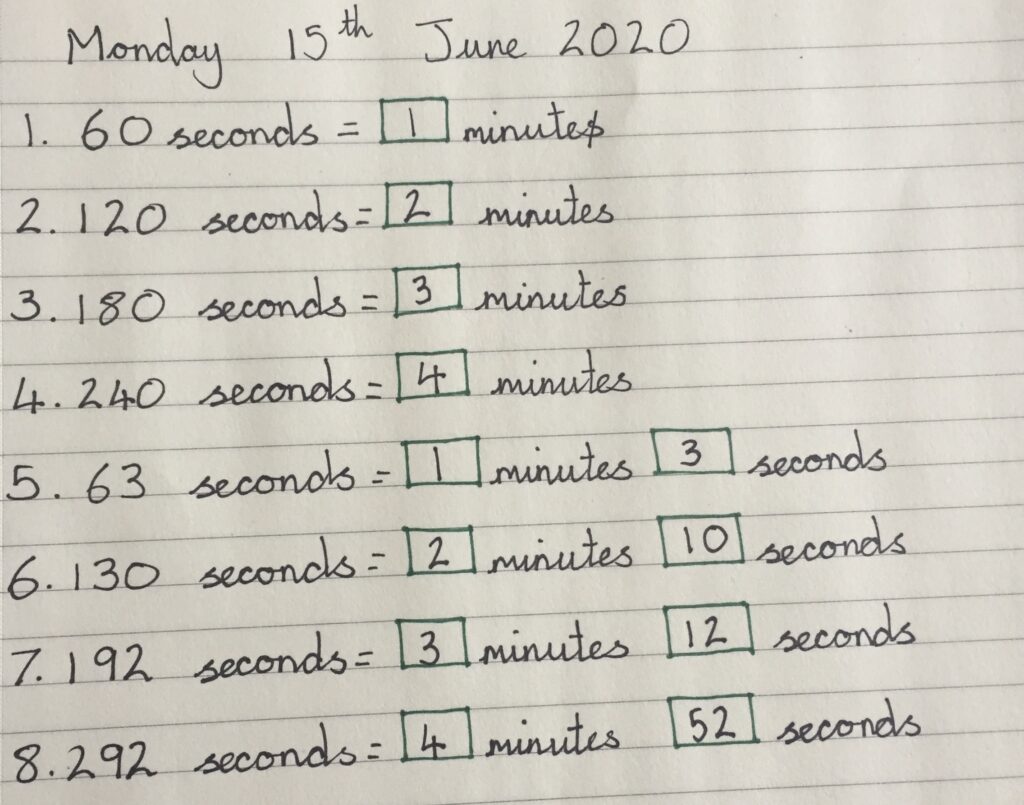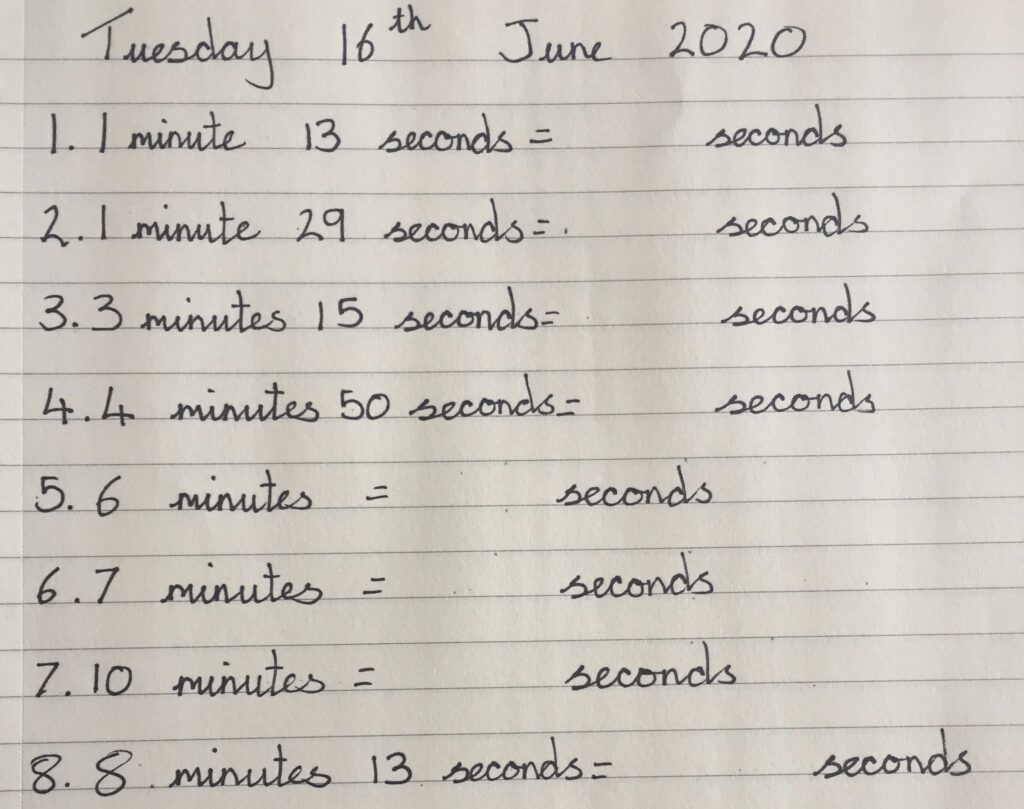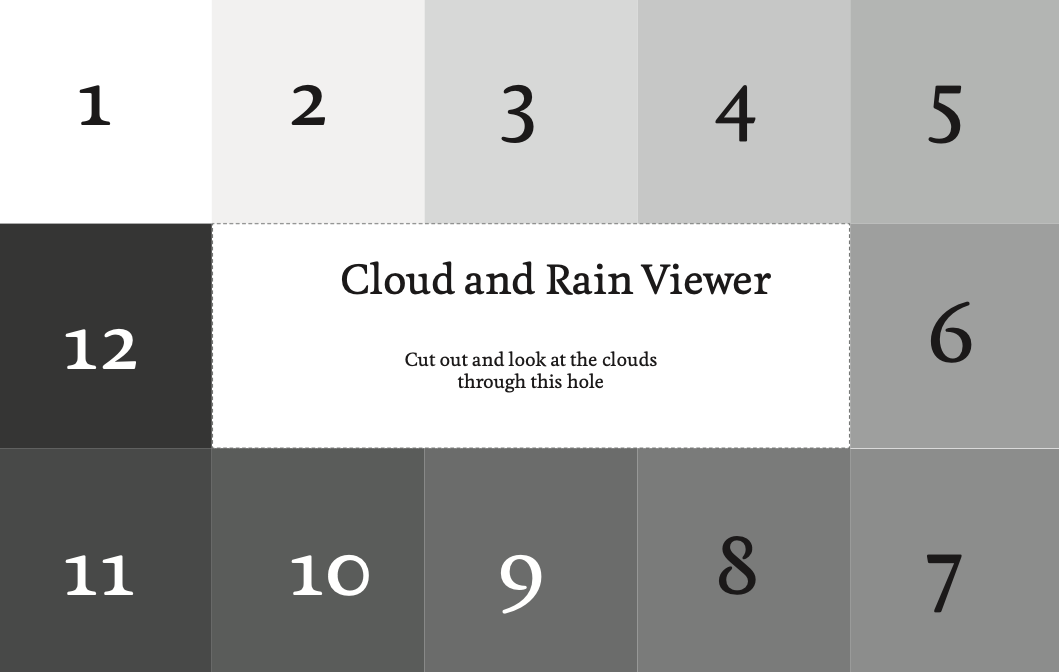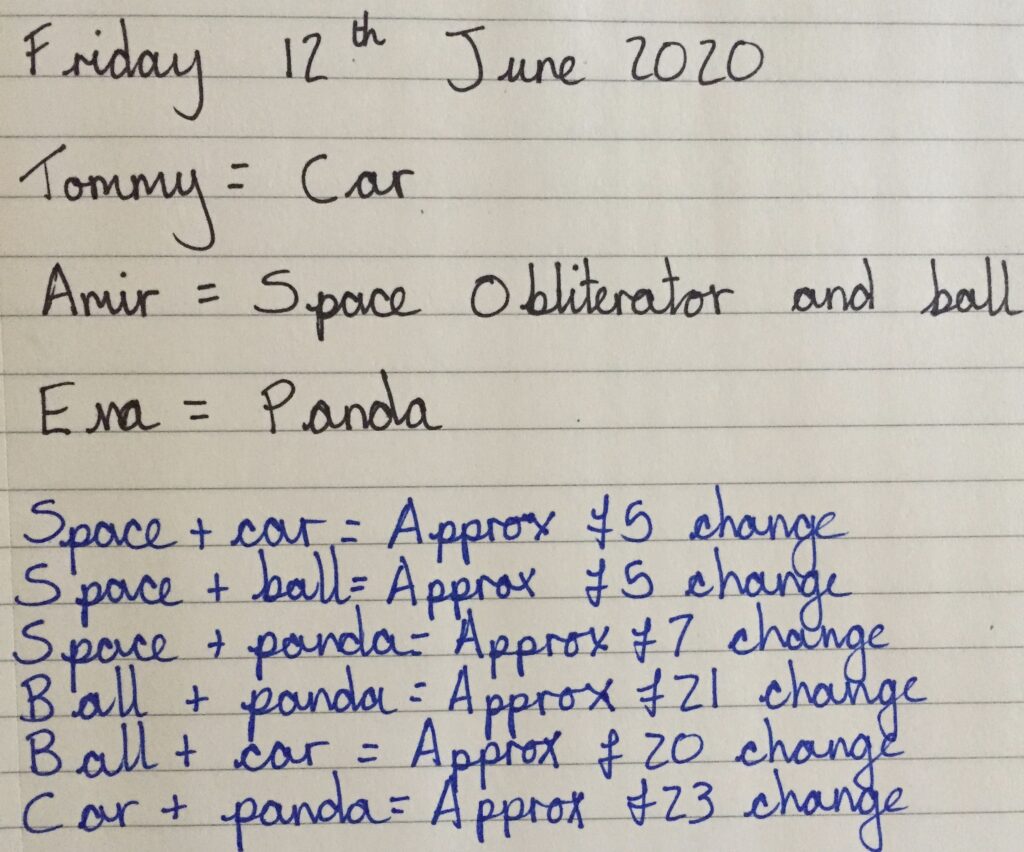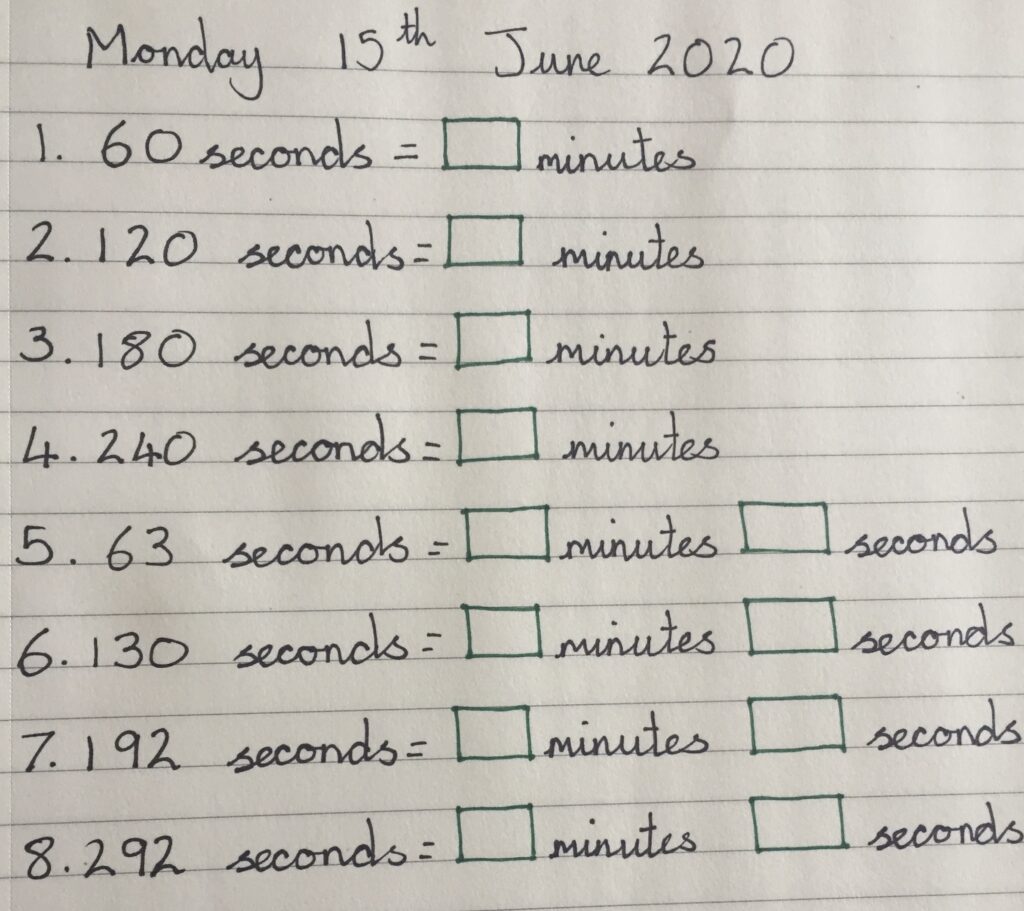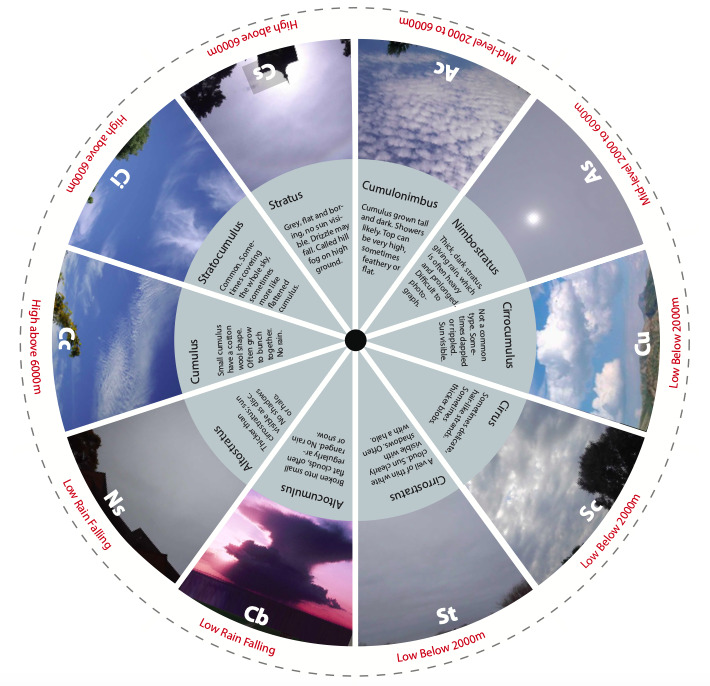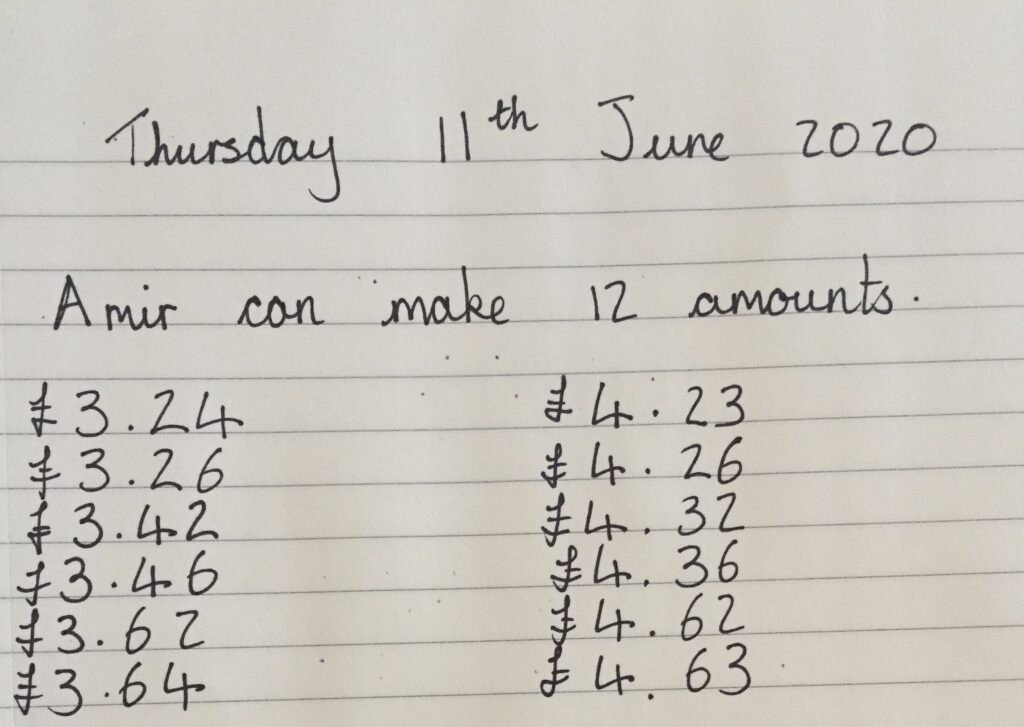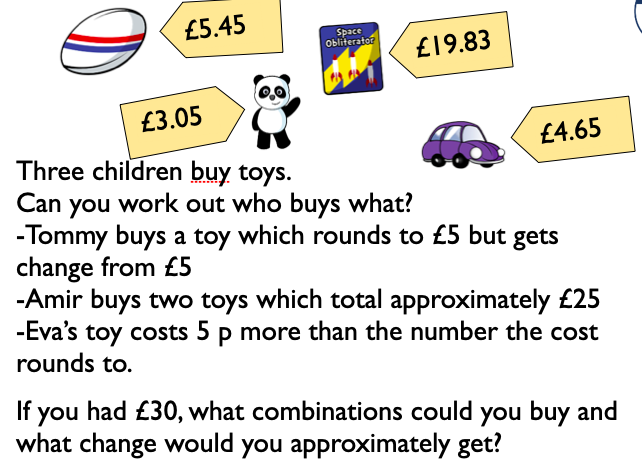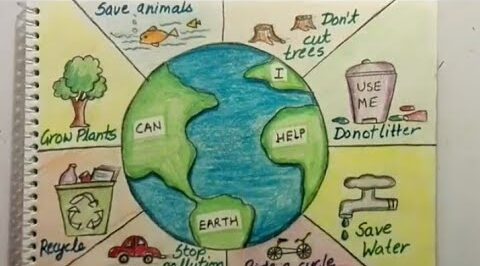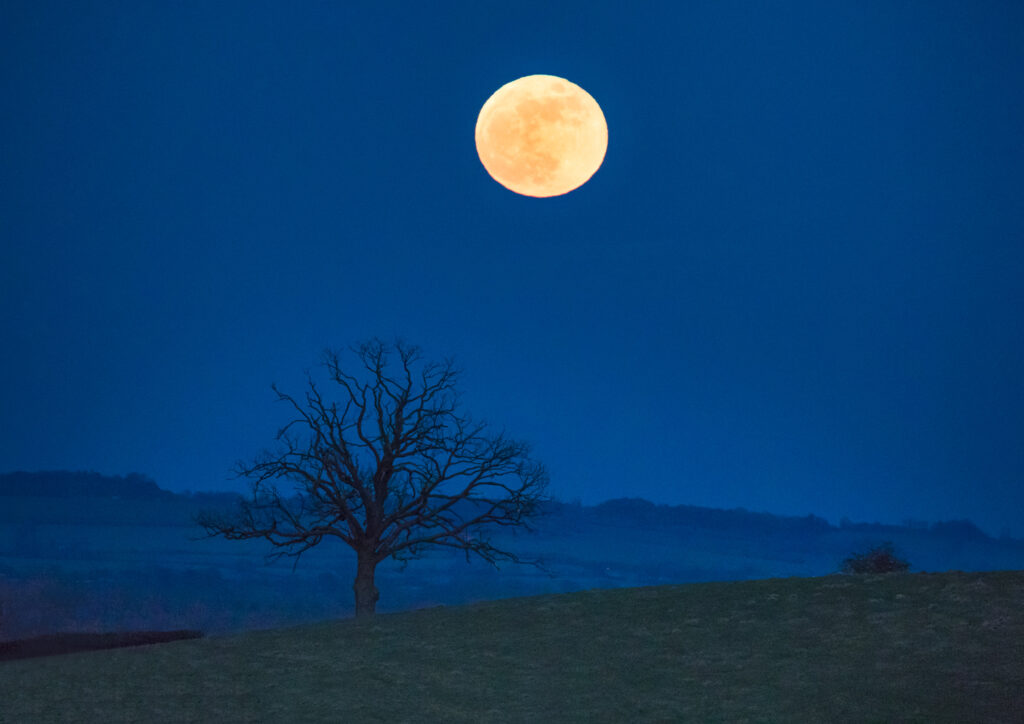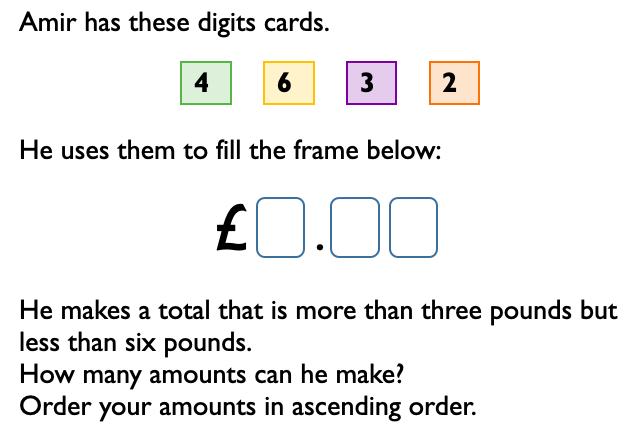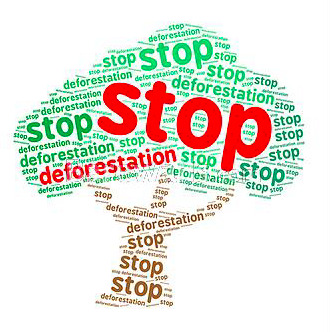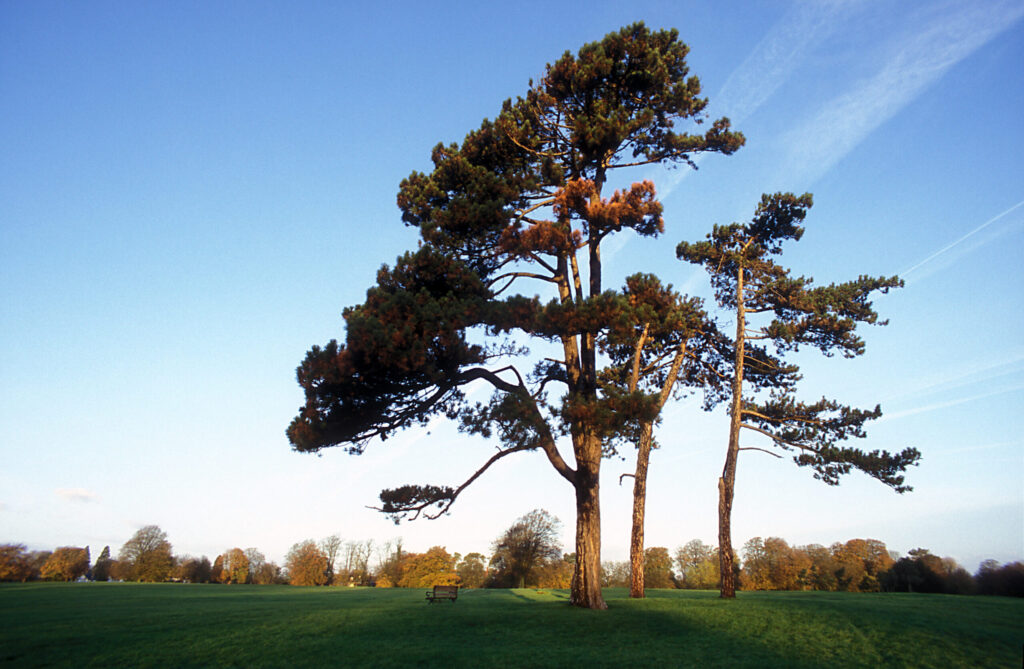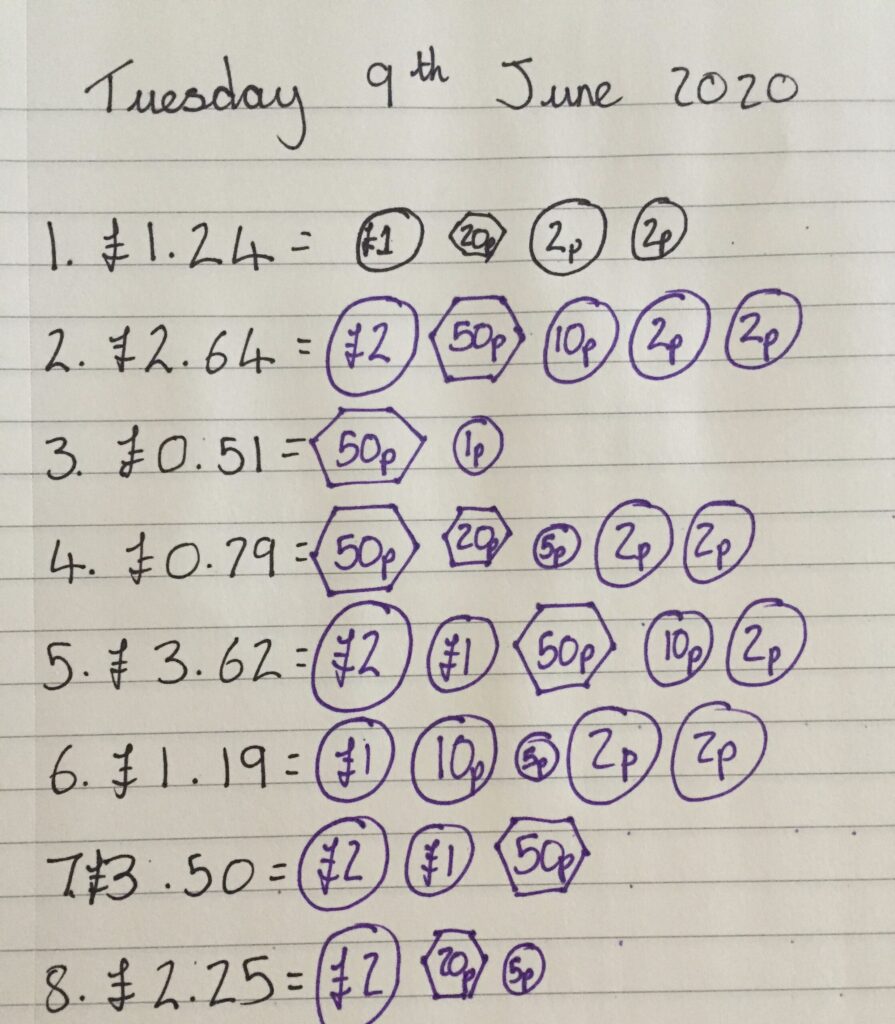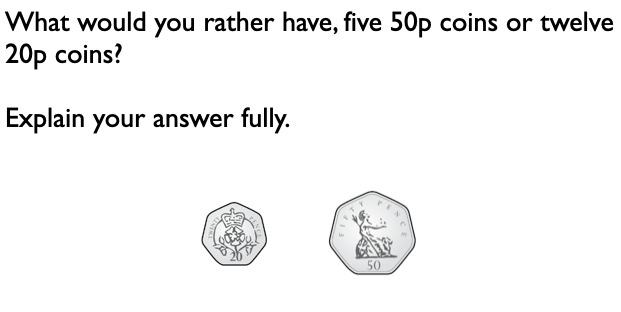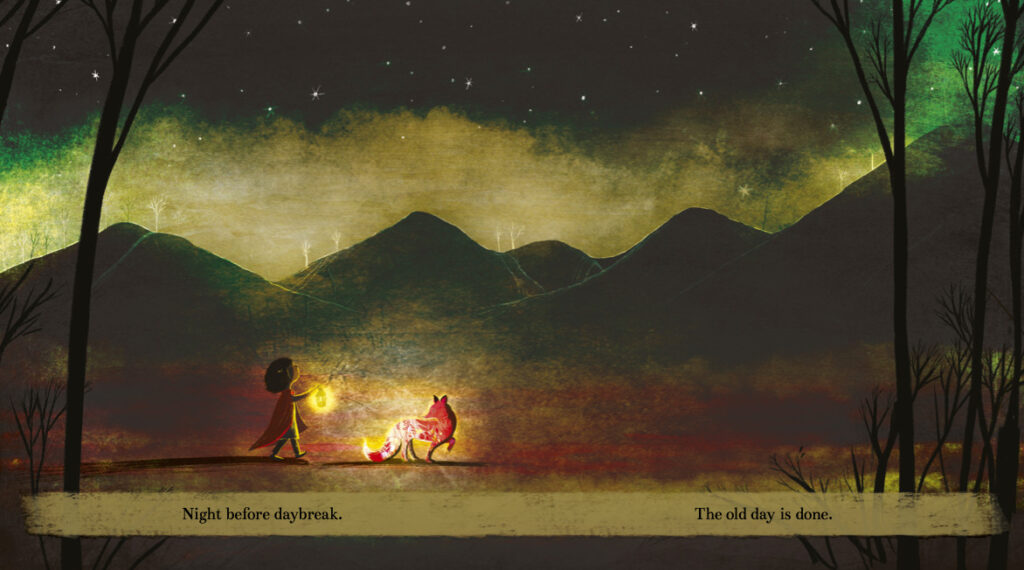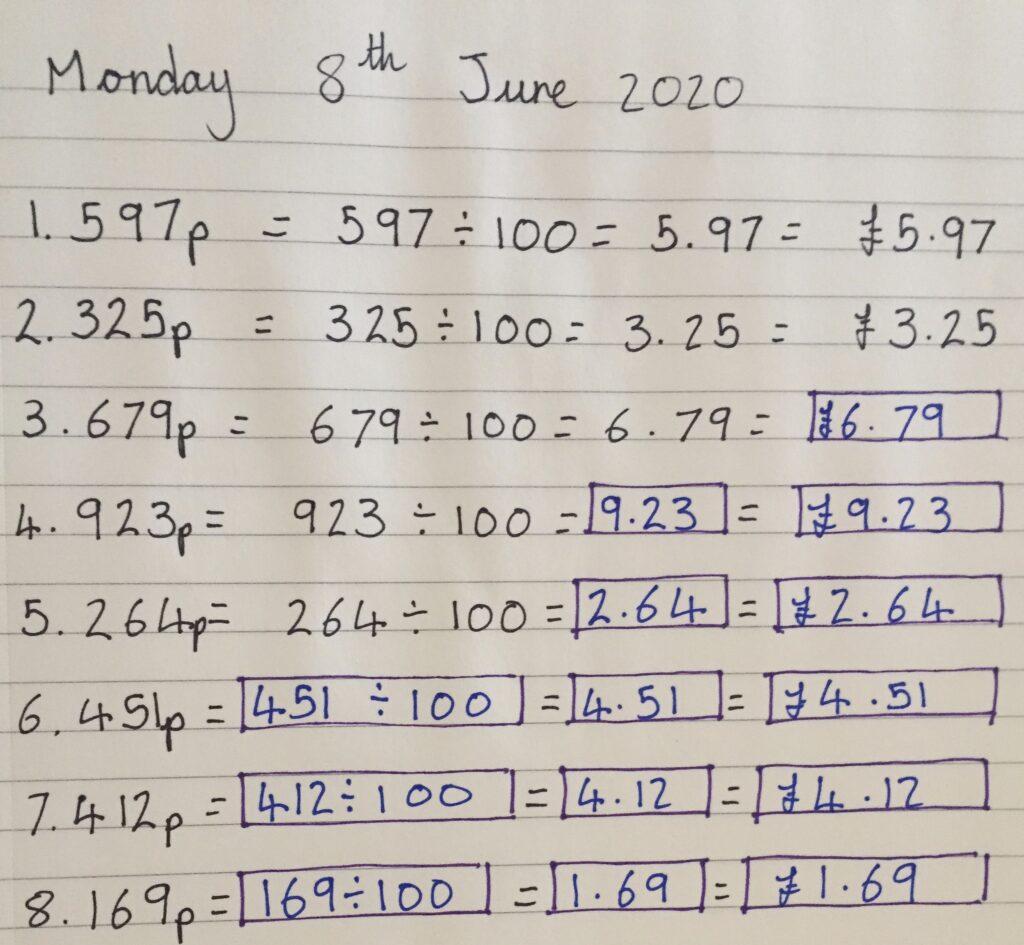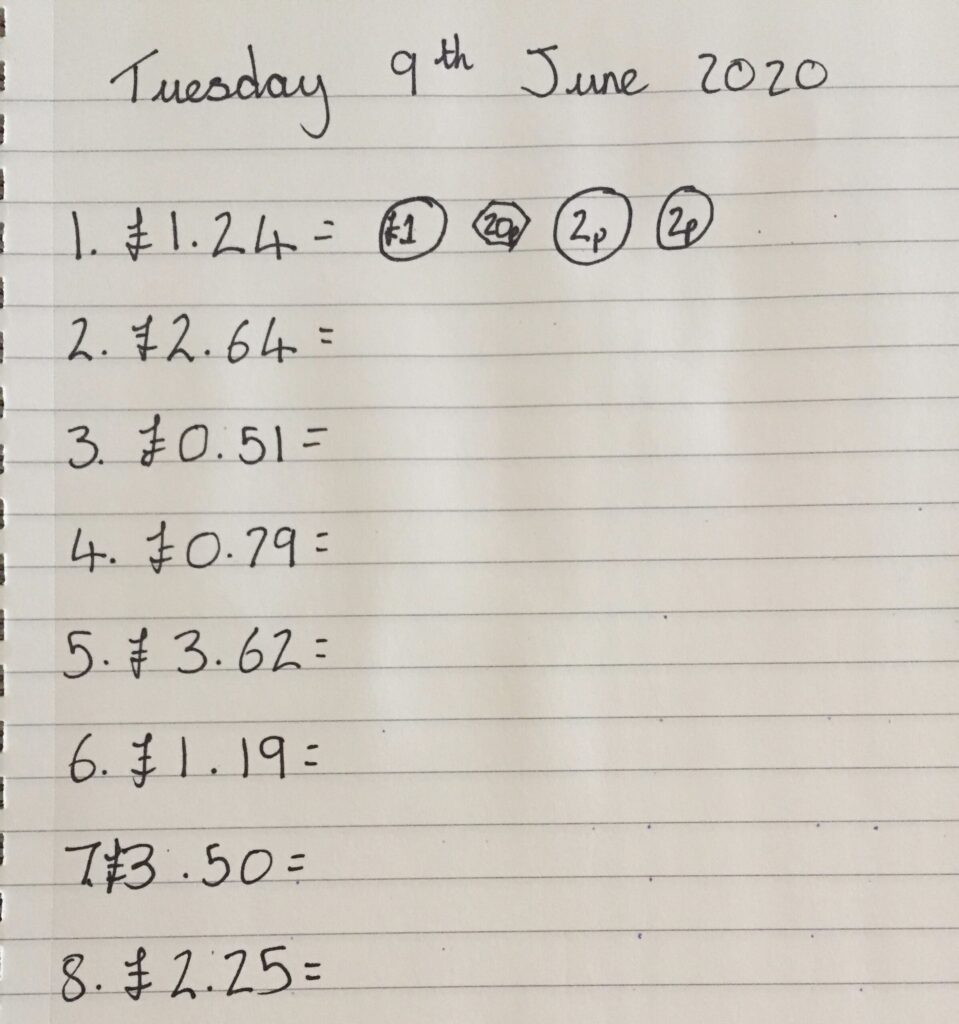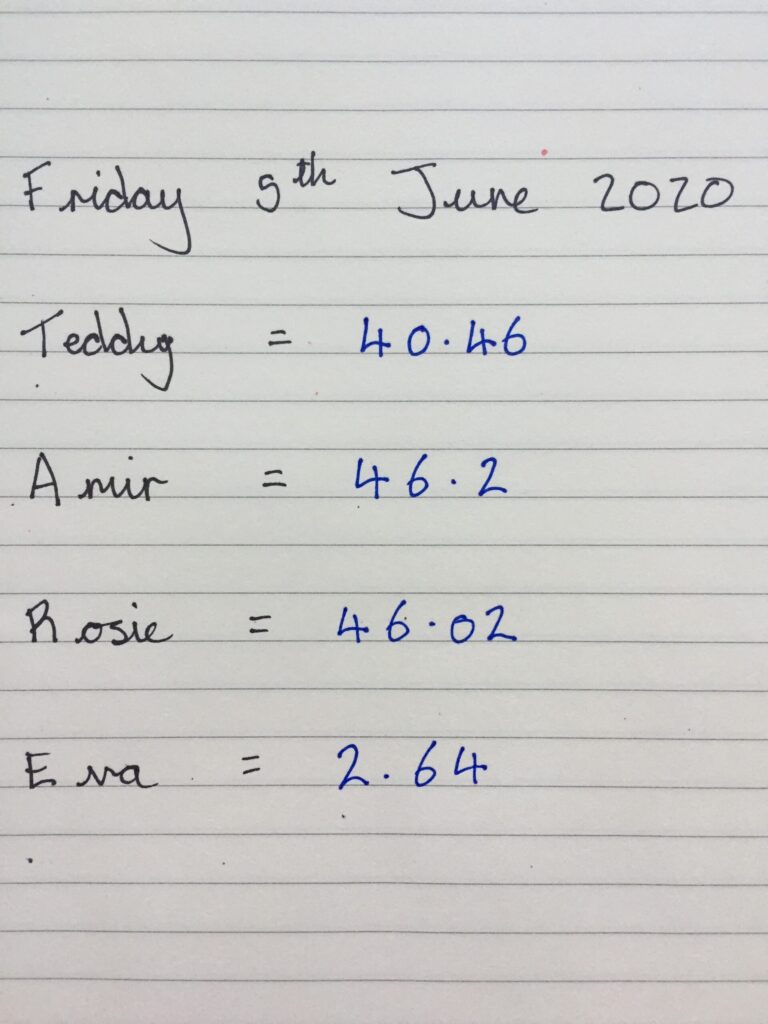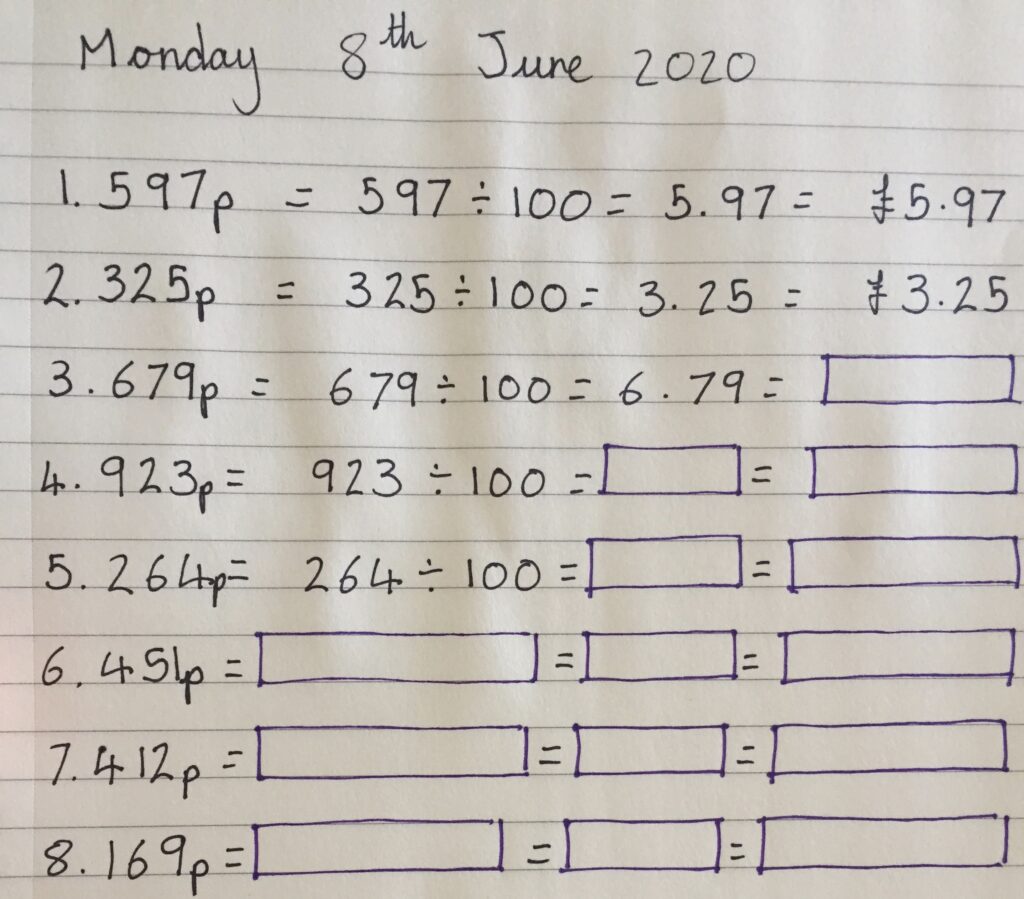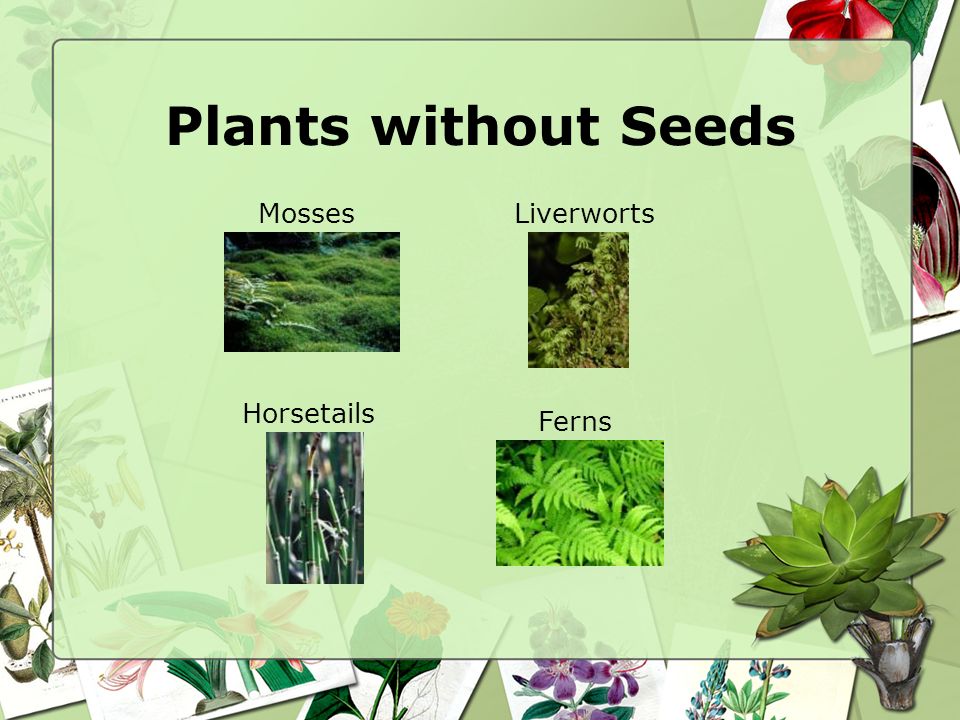Happy Friday, Discoverers,
I hope you’re having a great week so far 😀
Today, in English, we are going to be creating a piece of art.
I would like you to listen to the story again: Rain Before Rainbows, and then draw a picture that represents how you feel when you listen to it.
It may be how you feel at a particular point in the story, or the overall feeling you get after listening to the whole thing.
You can draw anything, or simply use colours to capture your mood.
It would be great if you could write a sentence underneath your picture, explaining why you have drawn this.
Here is the link to the story, incase you would like to read it yourself: http://stayhome.walker.co.uk/rainbows/pdf/Rain_Before_Rainbows.pdf
Here are the answers for yesterday’s maths questions. How did you get on?
In maths today, I would like you to answer this word problem.
Try to explain your answer as thoroughly as you can, and use an example to prove your point.
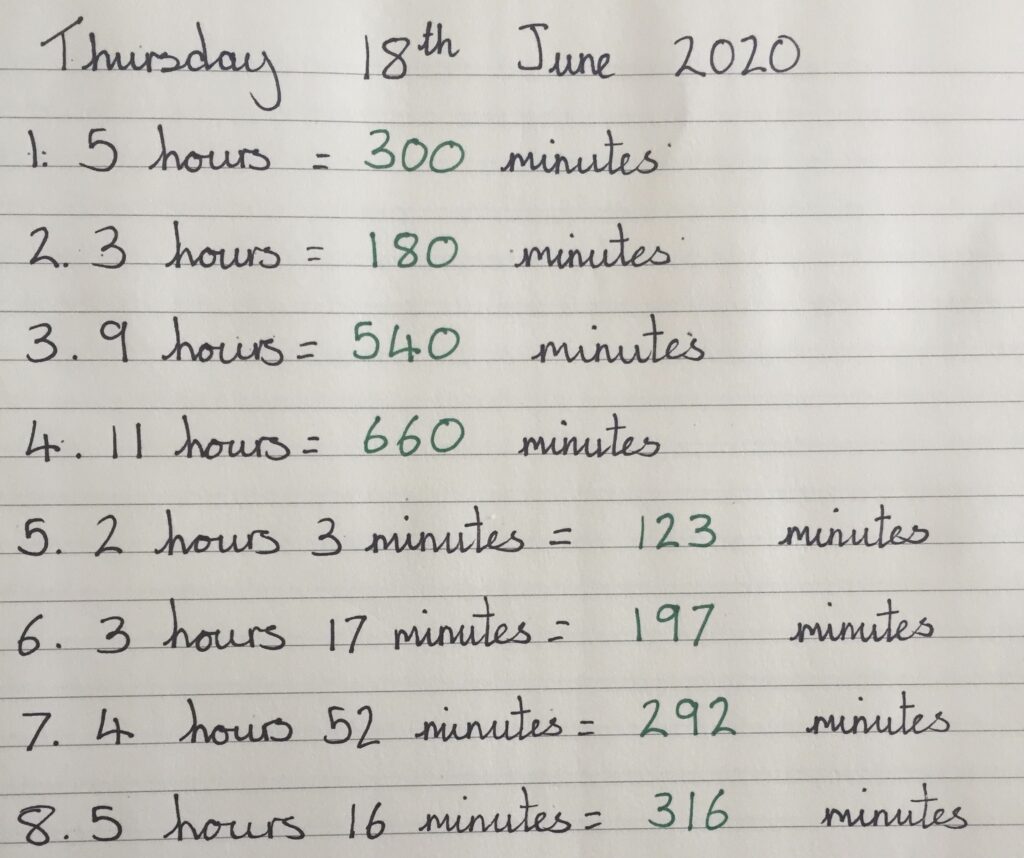
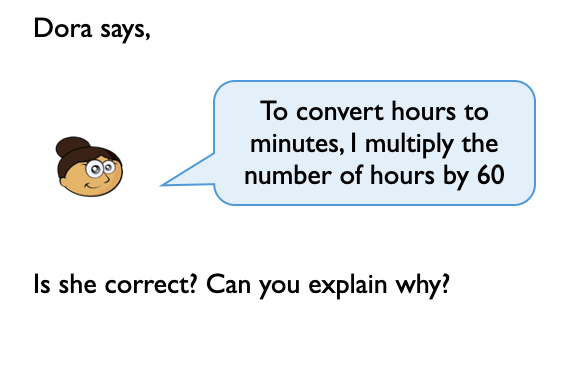
Continuing with our weather theme, today you could make a raingauge.
A rain gauge is a tool for measuring the amount of rain that has been produced.
Follow these simple instructions, and let me know how much rain there is where you live.
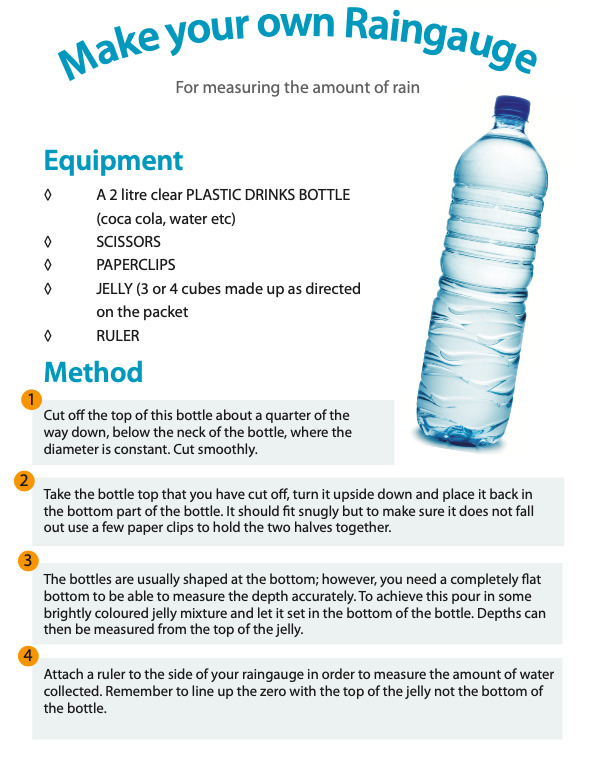
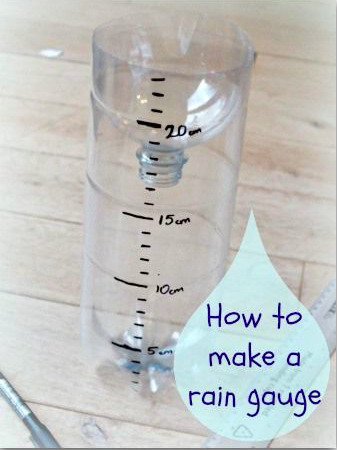
Have a great day, and a wonderful weekend,
Mrs Taylor
